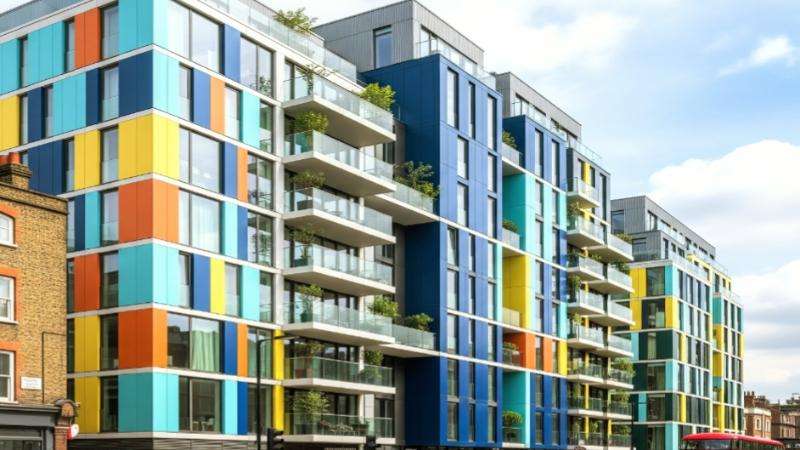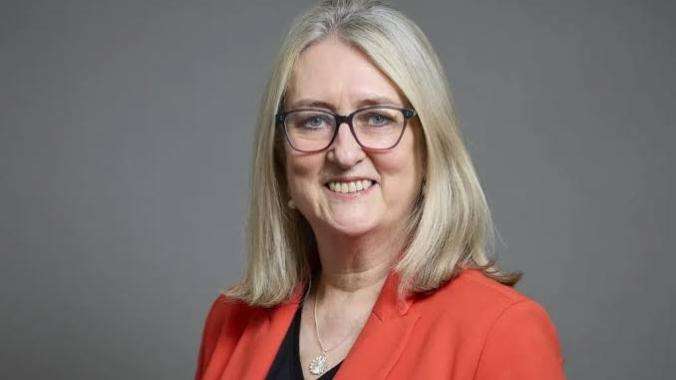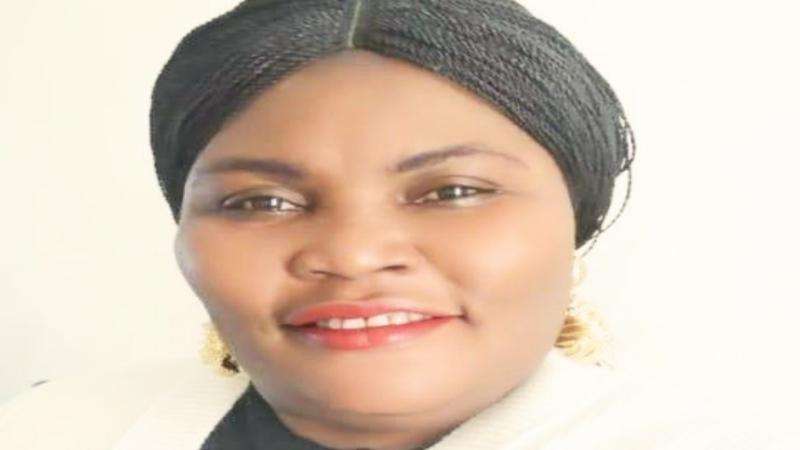A cherished mother and active member of the Liverpool community, who has called the UK home for the past 16 years, is facing imminent deportation to The Gambia, a nation where she fears political persecution and grave danger.
Fatou Tamba, 55, was abruptly detained by immigration officials in Liverpool on March 26th and has since been held at the controversial Derwentside Immigration Removal Centre. Despite building a life, forming deep community ties, and having family in the UK, Ms. Tamba has been informed that she will be forcibly removed on May 8th.
Her brother, Lamin Tamba, a British citizen, has voiced profound concerns for his sister's safety. "Fatou and I have received death threats for our political views," he stated with urgency. "If she is returned, she risks kidnapping, false imprisonment, or death. She has a family, a fiancé, and a whole community who love her – she belongs here."
Ms. Tamba's journey to the UK in 2009 was driven by a desperate need for safety. Fleeing the dangers of political instability in The Gambia, where her family had been involved in activism and she herself had received death threats following a shift in the ruling party, she sought refuge in a country she hoped would offer sanctuary. Tragically, she was also escaping a deeply traumatic past, having been forced into marriage at the tender age of 14 to a man more than three decades her senior, and becoming a mother at just 15.
After initially settling in Birmingham, Ms. Tamba found a true sense of belonging in Liverpool, where she has lived for the past eight years. Her warm and engaging personality allowed her to seamlessly integrate into the local community, becoming a valued and active member within refugee and asylum seeker support networks.
Despite diligently pursuing her right to remain in the UK, Ms. Tamba's initial asylum application was rejected in 2021. However, she continued to comply with all Home Office requirements, faithfully reporting to immigration officials each month for four years. It was during one of these routine appointments that she was shockingly detained.
Adding to the injustice, her brother reports the distressing conditions Ms. Tamba has endured at Derwentside IRC. He claims she has been denied adequate medical attention and vital mental health support, despite her evident distress. Basic necessities, such as nutritious food, have also allegedly been lacking. "It's horrible," Mr. Tamba recounted after visiting his sister. "She's lost two teeth since being in detention, and they initially refused further dental care. Medical assistance for her existing conditions was also denied until our campaign raised awareness."
While Serco, the facility's management company, has stated that Ms. Tamba receives a varied menu and has daily access to healthcare, her brother paints a starkly different picture of her suffering and the lack of appropriate care.
Having lived a law-abiding life in the UK for over a decade, Ms. Tamba's detention has been particularly traumatic. "The detention is worse than the removal notice because she's never lost her freedom before," her brother explained. "She's not eating well, she's not coping well, and she has medical conditions that need regular supervision."
In a further attempt to secure her future in the UK, Ms. Tamba submitted a family visa application, providing evidence of her long-term relationship with her partner and the presence of her closest family members in the country. Heartbreakingly, this application was also rejected.
"Being in Liverpool means everything; it's the only city where she's felt at home," Mr. Tamba emphasized. "The people of Liverpool have welcomed her. Because of her infectious personality, she was able to integrate and is now part of the community."
Maggy Moyo, campaigns lead and community organiser at Right to Remain, powerfully stated, "Fatou's fight is not over. She is still behind bars, still waiting for justice. We've stopped her deportation for now, but she should not be locked away at all. Fatou has given so much to our community. Now, we stand up for her."
Ms. Tamba's legal team is urgently challenging the latest deportation order, fighting to keep this valued member of the community safe and in the country she now calls home. Her case highlights the urgent need for compassion and fairness within the UK's immigration system, ensuring that individuals who have built lives and contributed to society are not unjustly ripped away and placed in harm's way.
Information regarding the specific breakdown of deportations by ethnicity, particularly focusing on Muslim, South Asian Bangladeshi, and Black minority communities, is not readily available in the provided search results. The statistics tend to focus on nationality rather than religious or broader ethnic categories.
However, the data does indicate that in the year ending December 2024, there were 8,164 enforced returns from the UK, a 28% increase from the previous year. The top nationalities for enforced returns are not specified in the general statistics, but other data shows that in the year ending March 2024, Albanians were the most common nationality entering detention for removal.
Regarding long-term residents, the statistics do not explicitly detail how many individuals deported had resided in the UK for extended periods. However, the fact that individuals can be detained during routine immigration appointments, as highlighted in the initial news story, suggests that long-term residents can indeed face deportation.
In terms of new immigrants, the UK has seen a significant increase in long-term international migration since 2021. In the year ending June 2024, there were 1.2 million long-term international immigrants to the UK. Of these, approximately 86% were non-EU+ nationals, 10% were EU+ nationals, and 5% were British nationals returning to the UK. In the same period, there were 479,000 long-term emigrants. The top countries of origin for asylum seekers in 2024 included Pakistan, Afghanistan, Iran, Bangladesh, and Syria.
It's important to note that while overall immigration has increased, the reasons for and circumstances of deportation are varied and complex, and detailed statistics on specific ethnic or religious groups who are deported after long periods of residency are not routinely published.








.svg)




